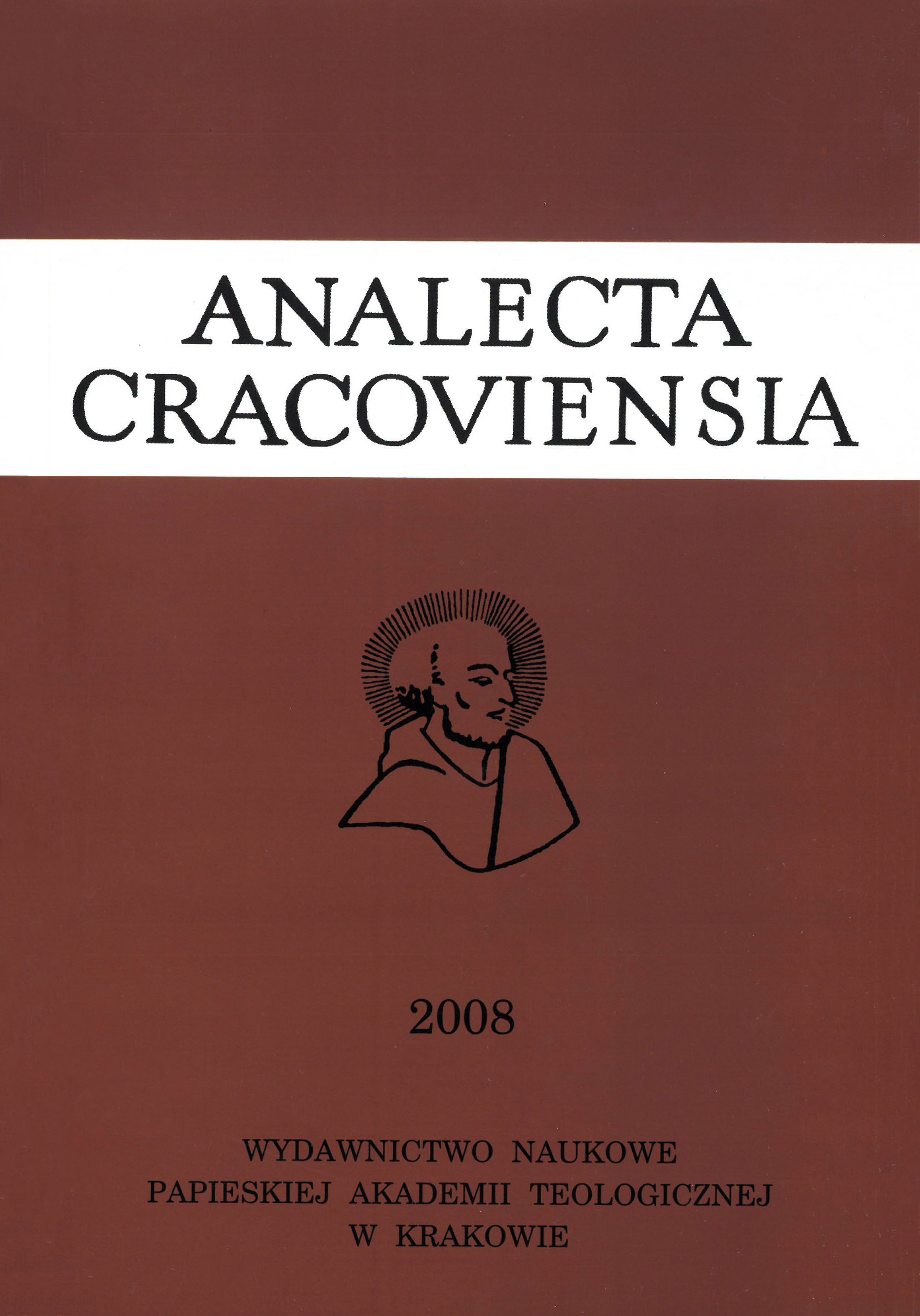Walka o uznanie cywilne Papieskiego Wydziału Teologicznego w Krakowie (1971–1989)
DOI:
https://doi.org/10.15633/acr.4013Abstract
In seinem Studium stellt der Verfasser die Bemühungen von Karol Kard. Wojtyła vor, um die Zivilrechtsanerkennung der päpstlichen theologischen Fakultäten in Kraków und auch in anderen Städten Polens (Wrocław, Poznań, Warszawa) von der Seite der Volksrepublik Polens zu erhalten. Auf eine Sonderweise betrafen sie die älteste theologische Fakultät der Jagiellonen-Universität, die im Jahre 1397 gegründet und im Jahre 1954 vom komunistischen Regime aufgehoben worden ist.
Nach Überzeugung von Kardinal Wojtyła sollte man sich nicht davon abhängig machen, was für einen zivilrechtlichen Status diese Hochschulen besitzen, auch wenn man sich darum ständig bemühen sollte. Seiner Überzeugung nach kam es vor allem auf die Entwicklung an, und zwar auf der organisatorischen und auf der wissenschaftlichen Ebene, die analog zu staatlichen Hochschulen verlaufen sollte. Diesem Ziel diente die Kommission des Episkopates für die kirchliche Lehre und vor allem der wissenschaftliche Rat des Polnischen Episkopates, der damals im Bereich der Kirche eine Rolle hatte wie die Zentrale Qualifikationskommission, die im zivilen Schulbereich die Aufsicht führte. Diese Aufgabe konnte die Kirche in Polen gestützt auf die Autorität des Apostolischen Stuhls erfüllen, der – entsprechend dem Kirchenrecht – die alleinige Kompetenz in dieser Hinsicht hatte. Der polnische Staat sollte in erster Linie den Schaden reparieren, der nicht nur der Kirche, sondern auch der nationalen Kultur durch die Entfernung der Theologischen Fakultät der Jagiellonen-Universität aus Krakau angetan worden war, die sich nun ohne zivilrechtliche Anerkennung unter dem Patronat ihres Groskanzlers (der Erzbischof von Krakau, Karol Kardinal Wojtyła) und einer kirchlichen Autorität (sub una auctoritate ecclesiastica) entwickelte.
Im Ergebnis führten die Krakauer Bemühungen von Kardinal K. Wojtyła und die päpstlichen von Johannes Paul II im Jahr 1989 zur vollen Verwirklichung der ursprünglichen Idee des Entstehens eines unabhängigen Netzes von kirchlichen Hochschulen, in ihren Rechten vergleichbar mit staatlichen Hochschulen.
Downloads
Published
Issue
Section
License
Copyright (c) 2022 Adam Kubiś

This work is licensed under a Creative Commons Attribution-NonCommercial-NoDerivatives 3.0 Unported License.
Authors who publish with this journal agree to the following terms:
- Authors retain the copyright and full publishing rights without restrictions, and grant the journal right of first publication with the work simultaneously licensed under a Creative Commons Attribution 4.0 International License that allows others to share the work with an acknowledgement of the work's authorship and initial publication in this journal.
- Authors are able to enter into separate, additional contractual arrangements for the non-exclusive distribution of the journal's published version of the work (e.g., post it to an institutional repository or publish it in a book), with an acknowledgement of its initial publication in this journal.
- Authors are permitted and encouraged to post their work online (e.g., in institutional repositories or on their website) prior to and during the submission process, as it can lead to productive exchanges, as well as earlier and greater citation of published work (See The Effect of Open Access).

